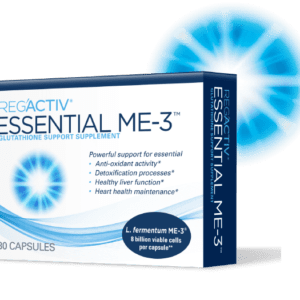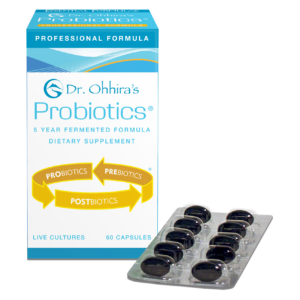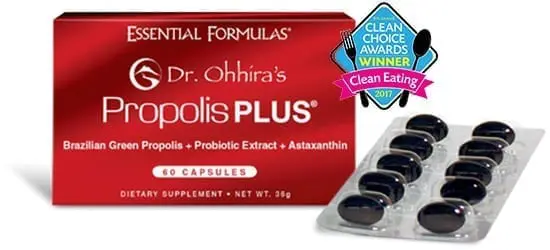By Ross Pelton, RPh, PhD, CCN
Scientific Director, Essential Formulas
A recently published study has, for the first time, provided definitive proof that exposure to trace amounts of glyphosate, which regulatory agencies deem safe and acceptable, can disrupt the gut microbiome in lab animals, and presumably in humans. Recently developed technology termed “shotgun metagenomics and metabolomics” made this breakthrough possible by demonstrating a more accurate evaluation of the microbiome.
The researchers also reported that rats fed “regulatory permitted and presumed safe levels of glyphosate” caused and death to liver cells and fatty liver disease.i
Glyphosate is the most widely used herbicide (weed killer) in the world. In addition to being used on agricultural food crops, it is also commonly used in residential homes and gardens.
In this study, rats were administered glyphosate at levels that are deemed safe, according to the US Environmental Protection Agency (EPA). The results revealed that ingesting even very minimal levels of glyphosate altered the population of bacteria and the biochemistry of the gut microbiome.
Glyphosate works by blocking an enzyme (named the Shikimate Pathway), which is responsible for the synthesis of the essential amino acids tryptophan, tyrosine, and phenylalanine. These amino acids are vital for the production of proteins, which are the building blocks of life. When glyphosate is sprayed on plants, blocking the synthesis of these amino acids causes plants (weeds) to die. However, spraying glyphosate on genetically modified crops (GMO) with resistance to glyphosate, the corp is not harmed, but the weeds die.
Humans and animals do not have the shikimate pathway, and this is the basis Monsanto and industry regulators use to claim that glyphosate is non-toxic to humans. However, in 2015, the World Health Organization’s cancer research arm, the International Agency for Research on Cancer, classified glyphosate, an active ingredient in the herbicide Roundup, as a “probable carcinogen,” setting off a vast global debate about the world’s most popular weed killer.ii
In 2018, the pharmaceutical giant Bayer, which introduced Bayer aspirin to the world over 150 years ago, acquired glyphosate’s original manufacturer Monsanto in a reported $63-billion deal. Bayer executives are probably taking a lot of aspirin themselves these days because they collectively have a massive headache due to lawsuits from over 42,000 individuals who claim that their cancer is due to their exposure to glyphosate.iii
More studies are needed to determine the potential health problems arising from glyphosate ability to alter the gut microbiome in humans. However, the results of this recent study send a loud warning that low levels of glyphosate exposure can have a disruptive effect on the human microbiome.
Another major problem associated with the widespread use of glyphosate around the world is the fact that it is killing the bacteria in the soil, and soil bacteria are intimately involved in plant nutrient uptake and the overall health of plants.
For your health, try to make most of your food choices non-GMO and organically grown. For the health of the planet, do whatever you can to support regenerative agriculture and encourage your political representatives to vote for banning or limiting the use of glyphosate and other toxic chemicals.
-
 Dr. Ohhira’s® Probiotic Supplements$13.95 – $89.95
Dr. Ohhira’s® Probiotic Supplements$13.95 – $89.95 -
 Reg´Activ® Essential ME-3$39.95
Reg´Activ® Essential ME-3$39.95 -
 Dr. Ohhira’s® Probiotics Professional Formula$39.95 – $129.65
Dr. Ohhira’s® Probiotics Professional Formula$39.95 – $129.65






